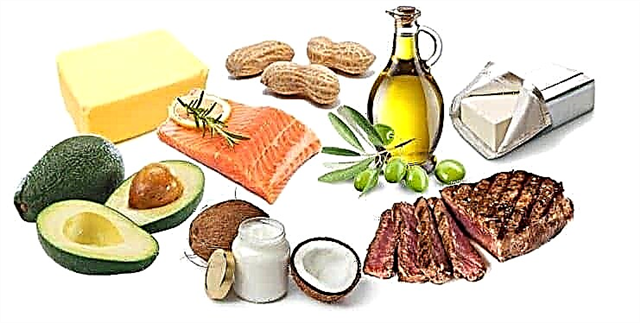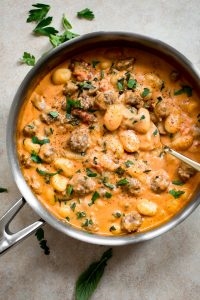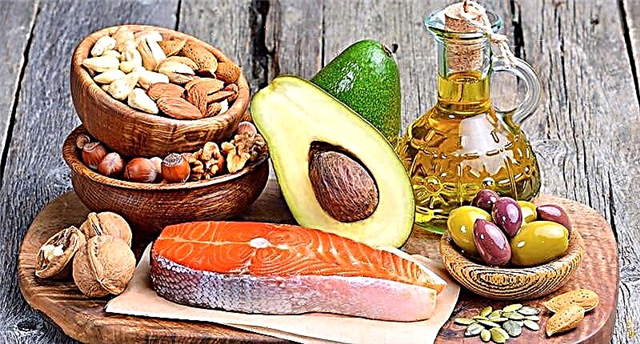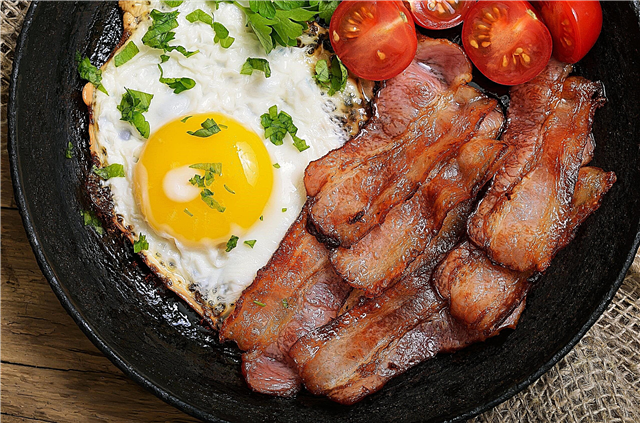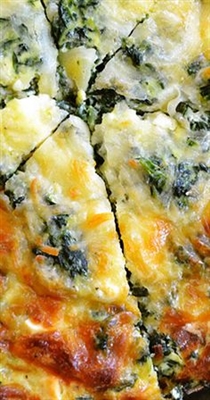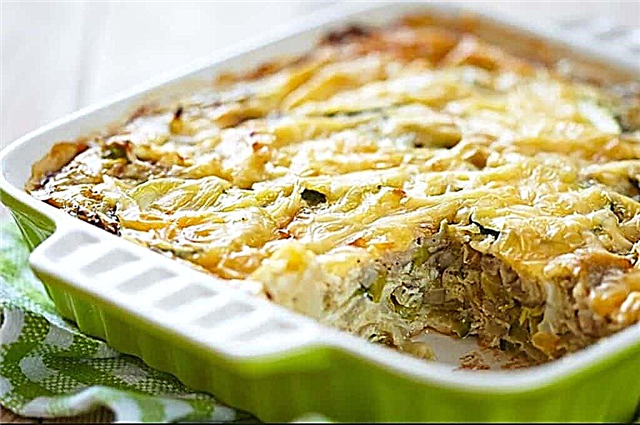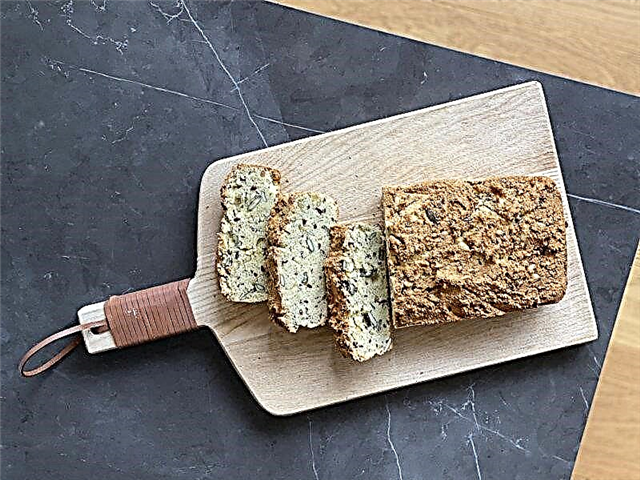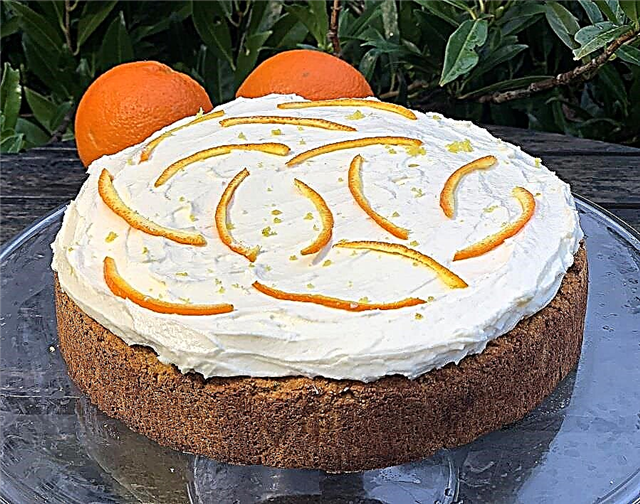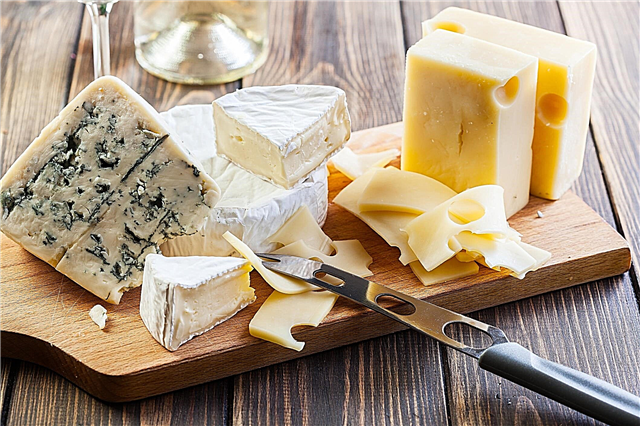Do you get fat from fatty foods? Does eating foods rich in fat, such as butter coffee (called "bulletproof coffee"), make you overweight? The short answer is yes and no.
If you are slim, then eating fat is unlikely to lead to fat. If you are obese or overweight, then yes, eating more fat is more likely to lead to fat storage. Calories are not the main problem, the reasons lie in physiology.
Let's step back a bit from the topic. A ketogenic / low-carb, high-fat (LCHF) diet refers to the majority of your calories as fat. In general, it is believed that supporters of such a diet should eat until they feel full, nothing more. But for some reason, some people think that this means adding extra fat to everything you eat. Cooking “Fat Bombs”, treats or high fat meals such as bulletproof coffee - coffee with added butter (butter, coconut oil, etc.). There are people who believe that it slows down weight loss, while others feel that the opposite is true. What is really going on?
The main trigger for weight gain is insulin. When you gain body fat, your body reacts by secreting a hormone called leptin, which signals the body to stop gaining weight. This is an example of negative feedback, designed to prevent excessive obesity. This is an important survival mechanism because obese animals that cannot move quickly will be eaten. So why doesn't this work in humans?
Insulin and leptin are opposites. One hormone tells the body to store fat in the body, and the other tells it to stop. If we continue to eat sugars, such as fructose, to induce insulin resistance and keep insulin levels high, then we will stimulate the production of leptin. Naturally, a constantly high level of hormones leads to a decrease in the sensitivity of hormonal receptors and the development of resistance. Therefore, the constantly high level of leptin ultimately leads to resistance to it, which we very often see in ordinary obesity. For example, thin people tend to be sensitive to leptin, and obese people are resistant to it.
Physiology of fat intake
Remember that the body has two types of fuel: you either burn sugars or you burn fat. When you eat carbohydrates, they travel to the liver, then travel through the portal vein and stimulate insulin production. It tells the body to start burning sugars and store the rest as glycogen or fat.
Food fat has a different metabolic pathway. It is absorbed in the intestine as part of the so-called chylomicrons, passes through the lymphatic system into the thoracic duct and directly enters the systemic circulation (not into the portal circulation of the liver). From there, it enters the fat cells, where it is stored. In other words, fat does not affect the liver, and therefore does not need any help from insulin and goes directly to the fatty deposits.
Does this mean that eating fat causes excess weight? No, absolutely not. Let's first take a thin person (leptin sensitive) as an example. Remember the story of Sam Feltam's 5,000 calorie experiment? He ate massive amounts of calories a day, but did not gain weight (53% fat, 10% carbs). Since you eat a lot of fat, it will be stored in fat cells without affecting insulin. As fat stores increase, leptin will also be produced more actively. Since a thin person is sensitive to leptin, he will stop eating in order to reduce his body weight. If you force-feed your body like Sam did, your metabolism can increase to burn those extra calories.
What happens if an overweight person starts eating more fat?
Now consider a similar situation for an obese, leptin-resistant person. When you eat a lot of fat, your insulin doesn't rise. However, these “fat bombs” do go straight to your body fat. You respond by increasing your blood leptin levels. But here's the difference: the body doesn't care. It is resistant to leptin. This means that the metabolism does not increase. Appetite does not decrease. No beneficial effects of the diet have been observed. And yes, you will need to eventually burn the extra fats that you ate.
It turns out that if you are a lean person and sensitive to leptin, then eating a lot of fats, such as cheeses, most likely will not lead to fatness. However, if you are trying to lose weight and have excess weight / insulin problems / leptin resistance, then increasing your dietary fat is a BAD idea.... Once again, let's be clear that we don't need to go back to the outdated, useless concept and calorie counting. Obesity is a hormonal imbalance, not a caloric imbalance.
What can you do instead? Eating more carbs is not our option. Increasing protein intake is also not appropriate. As we have determined, it is not worth eating more fat. So what's left? We still have starvation.
In this situation, you may start to worry about nutritional deficiencies. After all, everyone talks so often about nutrient content. How to get the most nutrients with the least calories? I see this as a substitution of concepts. Ask yourself what worries you more: obesity treatment or nutritional deficiencies? If you are opting for obesity treatment, then worry about it. You don't need more nutrients. You need fewer of them.
If you are instead concerned about nutritional deficiencies, then treat the nutrient deficiencies, but let's be clear - THIS HAS NOTHING TO DO WITH OBESITY TREATMENT. If you are worried about, say, vitamin C because you have scurvy, then do your best to enrich your diet with foods rich in vitamin C. But this will not help you treat obesity.
The problem of obesity and the problem of nutritional deficiencies are completely different. Don't confuse them. We treat obesity, not Beriberi disease. So I'm worried about reversing hyperinsulinemia / insulin resistance / leptin resistance. So, if you are leptin resistant, then no, adding fat to your diet will not help you lose weight.
Fat bombs are definitely a bad idea for you.
—
Dr. Jason Fung

